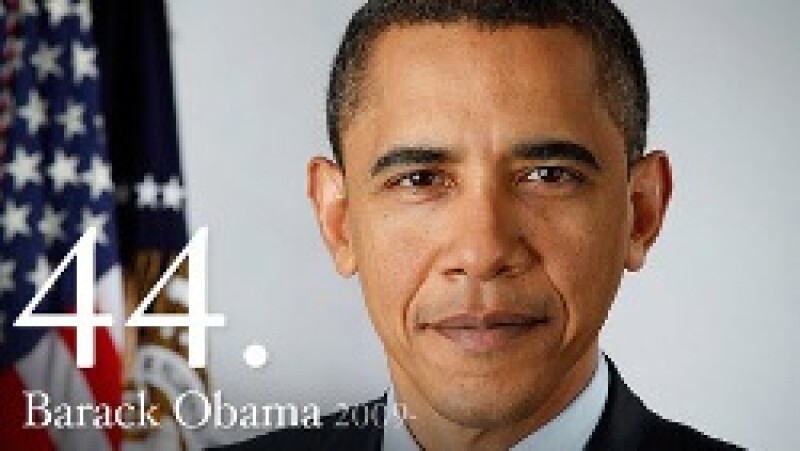
The White House gave details of its plan, which will largely be implemented through the USPTO, in a fact sheet. It was accompanied by a 17-page study by the National Economic Council and the Council of Economic Advisers.
The White House said reform is needed to address close loopholes which remain following the implementation of the AIA, which was signed into law by the President in 2011. Back in February, Obama said patent reform efforts had gone “about halfway” to resolving the issues.
“What we need to do is pull together additional stakeholders and see if we can build some additional consensus on smarter patent laws,” he said.
The government has since introduced several measures in an effort to improve post-AIA patent law.
Under the five-step plan revealed today, companies owning patents will have to identify the ultimate patent holder for each application and assigned patent to the USPTO. The disclosure is designed to prevent patent trolls from hiding behind shell companies, which prevent their targets from knowing their real identities, the full extent of their portfolios and the connections between multiple trolls.
The White House also aims to prevent what it calls “overly broad claims – particularly in the context of software”. The USPTO will train examiners and develop strategies over the next six months to “improve claim clarity” using glossaries for examiners looking at software patents.
The USPTO will also provide new plain-English education materials to answer common questions by targets of patent trolls, including retailers, consumers and end-users of technology.
In addition, the USPTO will expand outreach efforts, including six months of events across the country, to develop new ideas about updating patent laws.
Finally, the US Intellectual Property Enforcement Coordinator will launch a review of existing procedures relating to exclusion orders to improve coordination between the ITC and Customs.
The White House is also making several legislative recommendations, such as granting district courts more discretion to award fees against patent trolls abusing the court system, incentivising public filing of demand letters and changing the ITC standard for obtaining an injunctionto the “four-factor test” in eBay Inc v MercExchange.









